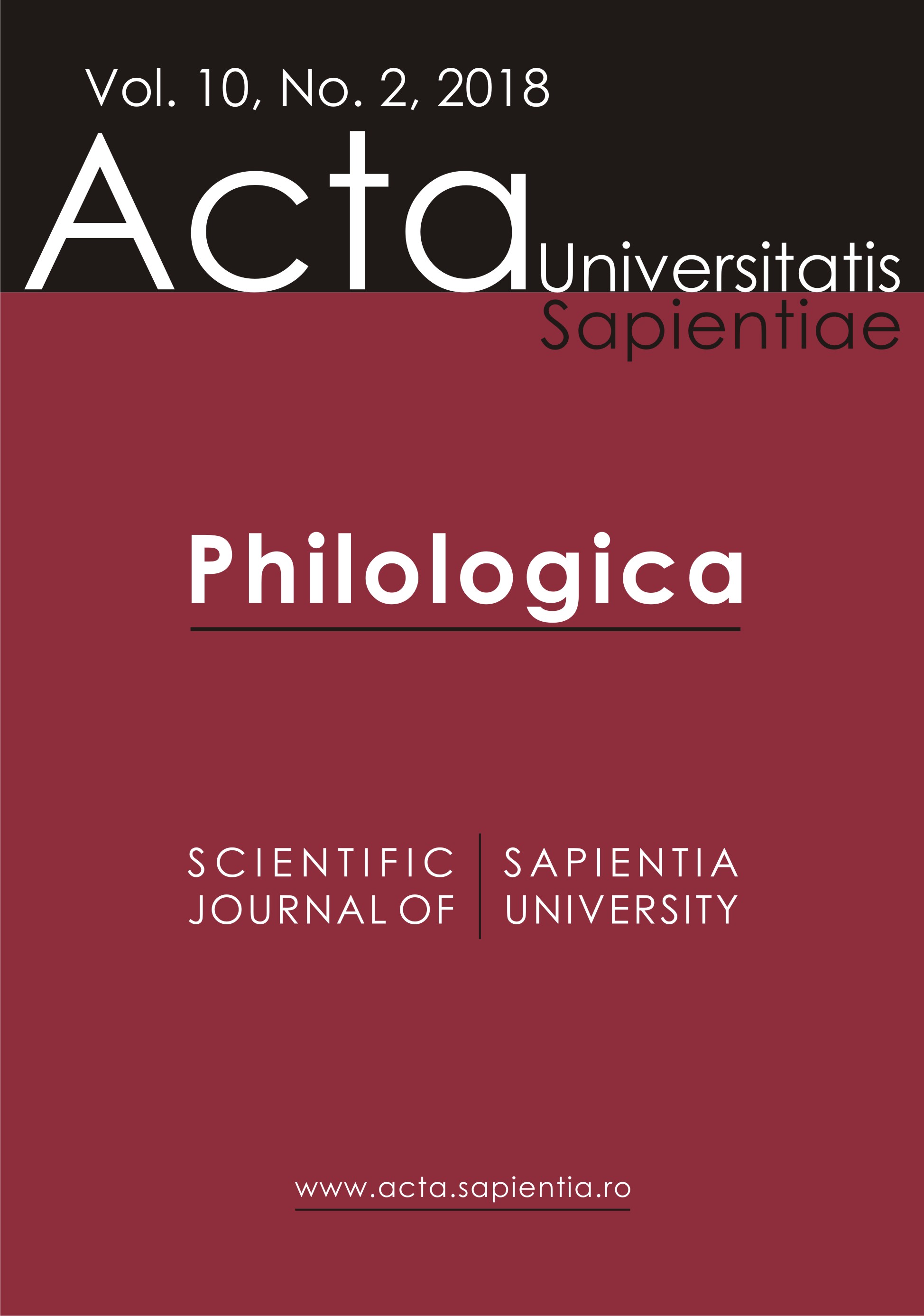Language-Specific Effects in Cross-Language Research and their Implications for Second Language Acquisition: A Theoretical Enquiry
Language-Specific Effects in Cross-Language Research and their Implications for Second Language Acquisition: A Theoretical Enquiry
Author(s): Judit PálSubject(s): Language studies, Language and Literature Studies
Published by: Scientia Kiadó
Keywords: second language acquisition; phonology; speech perception and production; nativelikeness; L1 influences
Summary/Abstract: Both in the theoretical framework of applied linguistics and empirical studies, second language acquisition is either examined within the universalist postulation of an innate language acquisition device or it is discussed in a pluralist manner featuring the great variety of language-specific influences. The present paper focuses on the latter issue, aiming to review some of the recent studies on the role of the mother tongue in second language speech perception and production. Our main interest is in phonetic learning. Thus, we shall particularly turn our attention to certain theoretical–empirical data regarding second language speech perception and production, such as the perceptual assimilation model, the native language magnet theory, and the articulatory setting theory.
Journal: Acta Universitatis Sapientiae, Philologica
- Issue Year: 10/2018
- Issue No: 2
- Page Range: 7-20
- Page Count: 14
- Language: English

